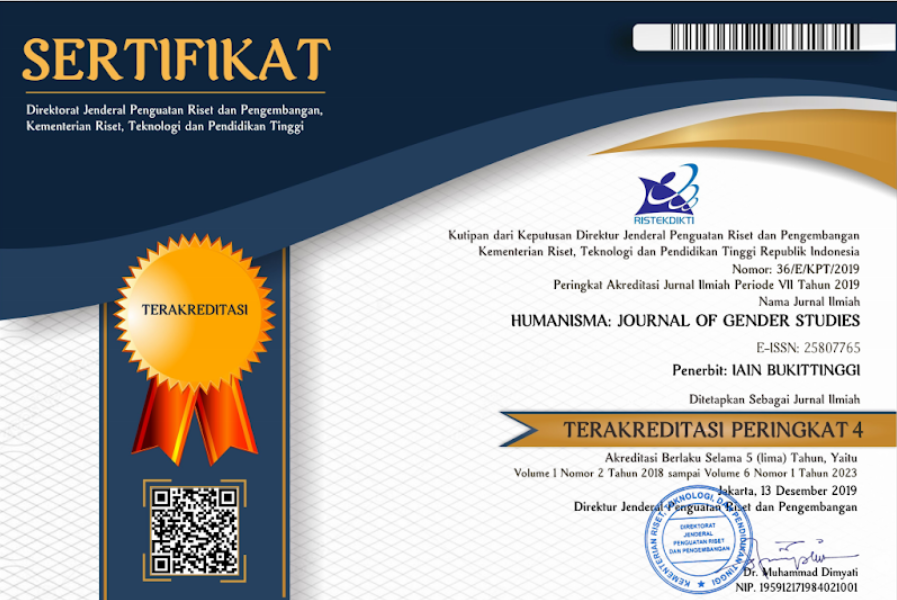The Role of Female Teachers in Encouraging Women's Empowerment in Schools
DOI:
https://doi.org/10.30983/humanisma.v8i1.8484Keywords:
Educators, Women's Empowerment, SchoolsAbstract
This research explores the strategic role of female teachers in encouraging female students to take leadership roles and participate actively in school. Although female students often face barriers such as gender stereotypes, social pressure, and lack of support, female teachers have the potential to overcome these challenges through a variety of strategies. This study highlights how female teachers can be inspirational role models, create inclusive learning environments, and provide positive and constructive feedback. In addition, through the integration of gender equality education in the curriculum, class discussions, seminars, mentoring programs, and the provision of educational resources, female teachers can increase female students' awareness and understanding of their rights and the importance of gender equality. The research method used in this research is library research with an approach that involves collecting and analysing information from various existing written sources. The results showed that support and guidance from female teachers not only increased female students' self-confidence and motivation but also equipped them with leadership skills that are important for future success. Thus, this research emphasises the important role of female teachers in empowering women in the educational environment, as well as their contribution to creating a more just and equal society.
Downloads
Published
How to Cite
Issue
Section
Citation Check
License
Copyright (c) 2024 Khairani Rahmaditha, Gilang Virmanedi Putra, Dilla Desvi Yolanda, Tasya Hudia, Gusti Milla Quaidy

This work is licensed under a Creative Commons Attribution-ShareAlike 4.0 International License.
Authors who publish with this journal agree to the following terms:
- Authors retain copyright and grant the journal right of first publication with the work simultaneously licensed under a Creative Commons Attribution-ShareAlike 4.0. that allows others to share the work with an acknowledgment of the work's authorship and initial publication in this journal.
- Authors are able to enter into separate, additional contractual arrangements for the non-exclusive distribution of the journal's published version of the work (e.g., post it to an institutional repository or publish it in a book), with an acknowledgment of its initial publication in this journal.
- Authors are permitted and encouraged to post their work online (e.g., in institutional repositories or on their website) prior to and during the submission process, as it can lead to productive exchanges, as well as earlier and greater citation of published work (See The Effect of Open Access).



